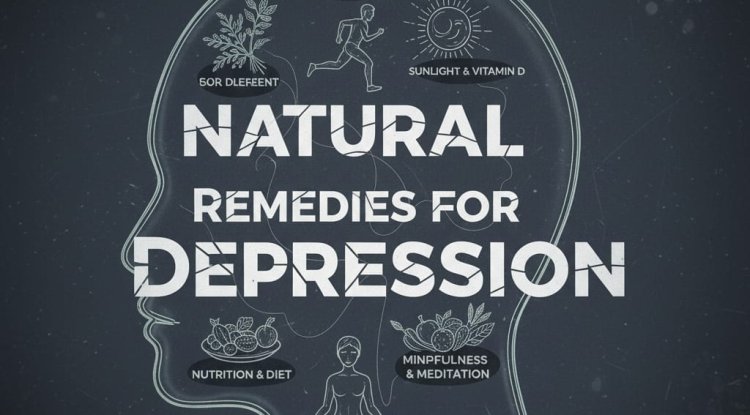dipression counselling tips
Of course ???? — here are some practical and effective tips for depression counselling, whether you’re the one seeking help or offering support.

Tips for Depression Counselling
1. Create a Safe, Non-Judgmental Space
-
Let the person know it’s okay to express emotions freely.
-
Listen actively — avoid interrupting or offering quick fixes.
-
Maintain confidentiality to build trust.
2. Encourage Expression of Feelings
-
Use open-ended questions like “How have you been feeling lately?”
-
Allow silence — sometimes people need time to gather their thoughts.
-
Validate emotions (“It sounds like you’re feeling really overwhelmed.”).
3. Set Realistic Goals
-
Help the person identify small, achievable steps (e.g., getting out of bed, taking a short walk).
-
Celebrate progress, no matter how small.
4. Teach Coping Strategies
-
Cognitive techniques: Challenge negative thoughts by asking “What’s another way to look at this?”
-
Behavioural activation: Encourage enjoyable or meaningful activities.
-
Relaxation methods: Deep breathing, mindfulness, journaling, or meditation.
5. Encourage Self-Care
-
Regular sleep, balanced meals, gentle exercise, and limited alcohol/caffeine.
-
Maintain social connections — even short interactions can help.
6. Monitor Risk Factors
-
Ask directly if the person has thoughts of self-harm or suicide (it shows care, not judgment).
-
Know emergency contacts and crisis helplines.
7. Build Hope and Resilience
-
Remind them that depression is treatable and recovery is possible.
-
Focus on strengths and past successes.
-
Encourage patience — progress can take time.
8. Follow Up and Stay Consistent
-
Regular sessions provide structure and accountability.
-
Check progress and adapt approaches if needed.
What's Your Reaction?





















